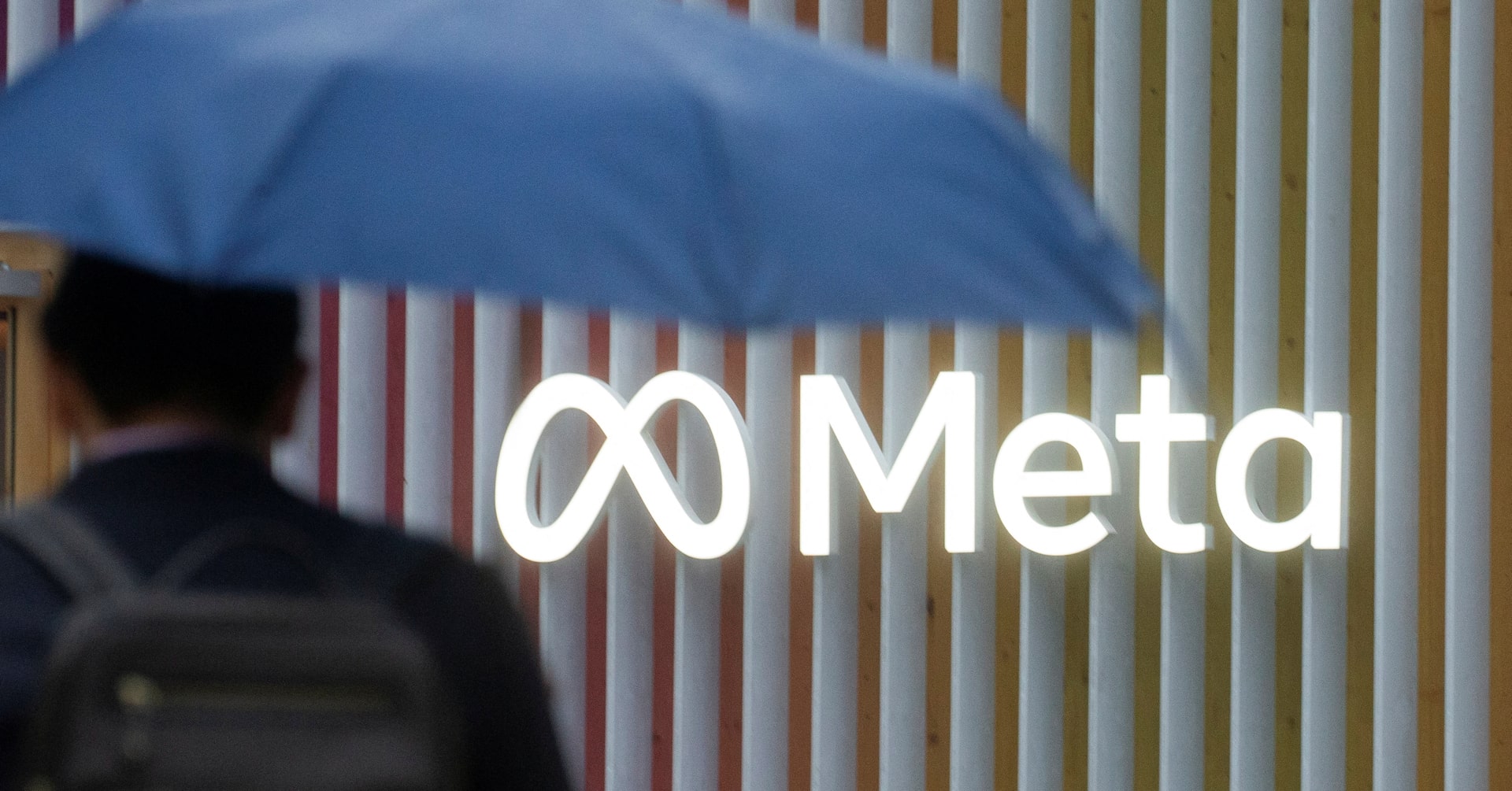
Oct 1 (Reuters) – When a San Francisco federal jury in August found Facebook parent Meta liable for violating the privacy of users of the fertility tracking app Flo, one big question remained: How much will the class action payout be?
Based on signals from U.S. District Judge James Donato at a damages hearing in San Francisco on Tuesday, Meta could be on the hook for up to $8 billion if the plaintiffs get their way and the verdict is upheld on appeal.
Sign up here.
It wouldn’t be the first time Meta has shelled out for privacy violations. In 2024, the company agreed to a $1.4 billion settlement with the state of Texas over misuse of facial-recognition technology, and in 2019, it paid a $5 billion fine to resolve a government probe into its privacy practices.
However, there’s scant precedent for any company going to trial in a class action like this one. The plaintiffs convinced jurors that Meta violated the California Invasion of Privacy Act, a nearly 60-year-old law that makes it illegal to covertly eavesdrop or record telephone conversations.
Co-defendant Google cut a deal in the case in July to pay $48 million. Flo – whose lawyers told Donato on Tuesday that the app had never turned a profit – settled mid-trial for $8 million. Both companies denied wrongdoing.
The 1967 California privacy law carries a statutory penalty of $5,000 per violation, irrespective of actual damages. But as I previously wrote, in the modern age of internet data collection practices, it’s unclear how far this relic of the Cold War can stretch or how a “violation” is defined.
At the hearing, however, plaintiffs’ lawyer Michael Canty from Labaton Keller Sucharow assured Donato they were not seeking a 16-figure award, and that the maximum recovery per claimant would be $5,000.
“One incident, one person, and that’s it?” Donato said. “That goes a long way to helping me make sure that we do not have a due process problem,” where the punishment is disproportionate to the prohibited conduct.
He added that he had “some comfort” with the plaintiffs’ approach to tallying damages, but did not specify how much he might ultimately award.
Canty did not respond to a request for comment.
A spokesperson for Meta in a statement said they “disagree with the verdict and believe the plaintiffs’ claims are false.”
“User privacy is important to Meta, which is why we do not want health or other sensitive information and why our terms prohibit developers from sending any,” the spokesperson said.
Plaintiffs’ lawyers told Donato at the hearing that they estimate there are 1.6 million subclass members in California who are entitled to receive $5,000 apiece under the state privacy law. Potential damages for the national class of about 13 million people remain unclear.
The lawyers from Latham & Watkins and Gibson, Dunn & Crutcher also argued the Seventh Amendment entitles them to pursue individual trials on each class member’s claim.
Donato was having none of it.
“These objections are just not grounded in reality,” he said. “Here in this courtroom, we’re a reality-based experience,” calling the suggestion to hold individualized claim hearings “slightly ludicrous.”
Donato left the timing on his damages ruling open, sounding disinclined to follow Meta’s suggestion that he issue a partial final judgment covering the three named plaintiffs so the company might pursue an immediate appeal to the 9th U.S. Circuit Court of Appeals.
Meta said it intends in its appeal to raise issues including whether code from its software development kit functions as an “electronic amplifying or recording device” under the law, and whether Meta “intentionally” used the kit “to eavesdrop upon or record” plaintiffs’ conversations with Flo.
“There will be one judgment,” Donato told the lawyers. “It will come when the time for judgment comes. I’m not doing anything in between.”
Reporting by Jenna Greene
Our Standards: The Thomson Reuters Trust Principles., opens new tab
Opinions expressed are those of the author. They do not reflect the views of Reuters News, which, under the Trust Principles, is committed to integrity, independence, and freedom from bias.
Jenna Greene writes about legal business and culture, taking a broad look at trends in the profession, faces behind the cases, and quirky courtroom dramas. A longtime chronicler of the legal industry and high-profile litigation, she lives in Northern California. Reach Greene at jenna.greene@thomsonreuters.com



